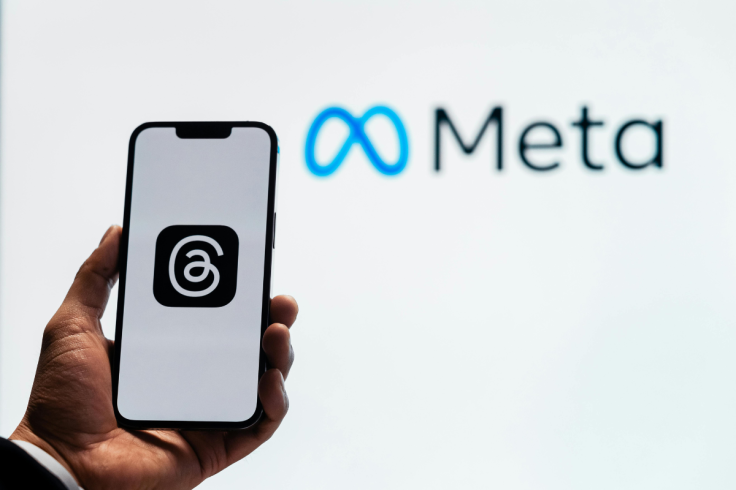
WhatsApp, owned by Meta, has taken down 6.8 million accounts linked to criminal scam operations in the first half of 2025, as part of a global effort to combat online fraud.
The move targets scam centres in Southeast Asia, where organised criminals, often using forced labour, exploit users with fraudulent schemes.
This crackdown coincides with new safety features to protect WhatsApp's billions of users, as scams grow increasingly sophisticated.
Scale of the Scam Crackdown
Meta's action against 6.8 million accounts marks one of WhatsApp's largest enforcement efforts to date.
The deleted accounts were primarily linked to criminal scam centres in countries like Cambodia, Myanmar, and Thailand, where fraudsters orchestrate pig butchering scams.
These schemes involve building trust with victims, often through fake romantic or investment offers, before defrauding them of significant sums, frequently via cryptocurrency platforms.
In a notable case, WhatsApp collaborated with Meta and OpenAI to dismantle a Cambodian group running a rent-a-scooter pyramid scheme.
Scammers used ChatGPT to craft deceptive messages, luring victims with promises of quick cash for simple tasks like liking social media posts.
'These scammers prey on people's kindness, desperation, or fears,' said Rachel Tobac, CEO of SocialProof Security.
Meta's proactive detection technology enabled it to ban accounts before scam centres could operationalise them, preventing further harm.
New Safety Measures to Protect Users
To counter the growing threat, WhatsApp has introduced new anti-scam measures to alert users to suspicious activity.
One key feature displays a safety overview when someone not in a user's contacts adds them to a group chat, a common tactic used by scammers. Additionally, WhatsApp is testing prompts to encourage users to pause before responding to messages from unknown numbers. 'We encourage you to pause, question, and verify before responding to a suspicious or unusual message,' Meta stated in a blog post.
Authorities in high-risk regions like Singapore have urged users to enable two-step verification to prevent account hijacking. This feature requires a six-digit PIN, adding a layer of security.
Users are also advised to adjust privacy settings to limit who can add them to groups and to use the Block and Report feature for suspicious contacts. These measures aim to empower users to protect themselves in a digital landscape where unsolicited messages often lead to financial loss.
Public and Expert Reactions
The crackdown has drawn attention on social media and from consumer groups. X posts from @Cyber_O51NT state, 'Meta reported that WhatsApp has shut down 6.8 million scam accounts linked to Southeast Asian networks exploiting forced labour for fraudulent investment schemes.'
Meta reported that WhatsApp has shut down 6.8 million scam accounts linked to Southeast Asian networks exploiting forced labor for fraudulent investment schemes, prompting political attention in the USA. #WhatsApp #Scams #Cybersecurity https://t.co/BhkU0y9i2Q
— Cyber_OSINT (@Cyber_O51NT) August 7, 2025
Similarly, @NYDailyNews noted, 'WhatsApp takes down 6.8 million accounts linked to criminal scam centres.'
WhatsApp takes down 6.8 million accounts linked to criminal scam centers, Meta says https://t.co/UKvum4e75Q
— New York Daily News (@NYDailyNews) August 6, 2025
UK consumer rights organisation Which? welcomed the move but called for stronger action. 'Meta must do much more to stop these criminals across all its platforms,' said consumer law expert Lisa Webb.
She highlighted the prevalence of fraudulent ads on Meta's platforms, including Facebook and Instagram, which often serve as entry points for scams that migrate to WhatsApp.
Experts estimate that preventing such fraud could save users millions, with a single sophisticated scam potentially costing victims £50,000 ($67,038) or more. Meta's efforts signal a robust response to the evolving tactics of scammers, who exploit WhatsApp's vast user base of over three billion.
However, as fraudsters adapt, the company faces pressure to enhance detection and prevention across its platforms to safeguard users from financial and emotional harm.







